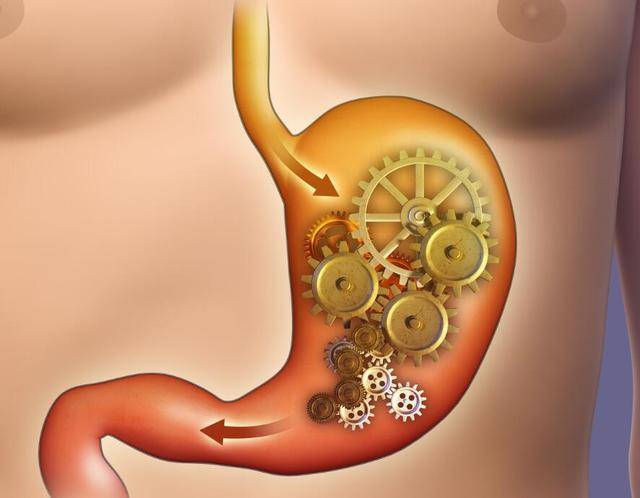People with poor stomach health can often be identified in many ways. Today, I will share with you how to self-analyze whether you have issues with your spleen and stomach.
First, a yellow complexion. Professionals point out that a yellow complexion is mainly due to spleen deficiency, which can often lead to lack of appetite, bloating, and even constipation. At this point, we need to replenish the nutrients our body is lacking.
Second, abnormality at the tip of the nose. A small pit may appear at the tip of the nose, which is the area where symptoms are most pronounced. If the tip of the nose becomes red, you may experience symptoms such as not feeling full and poor digestion.
Third, lips. If the lips are dry, peeling, and devoid of color, it may be caused by poor spleen and stomach health.
Fourth, drooling while sleeping. If you frequently drool while sleeping, it also indicates spleen deficiency.
Fifth, constipation. When the spleen and stomach are not functioning well, our body’s digestive and absorption capabilities weaken; if not addressed for a long time, constipation may occur.
Sixth, poor sleep. When the spleen and stomach are unhealthy, symptoms like insomnia and frequent dreaming may arise.
Seventh, lack of vitality. With poor spleen and stomach health, the brain will lack nutrition, leading to feelings of lethargy and slow reaction times.
To protect our spleen and stomach health, we should pay more attention to our diet. Here are a few key points to consider.
First, avoid consuming gas-producing beans as the main staple. Beans are difficult to digest, and those with weak stomachs are particularly prone to bloating. If you must eat them, it’s best to soak them first, or you can use a soy milk machine to prepare soy milk for consumption.
Second, eat warm foods among vegetables. For example, foods like pumpkin and carrots are warm in nature and help protect stomach health. Foods with a bitter taste, such as bitter melon, are quite cold and should be eaten sparingly if your digestive health is poor.
Third, reduce acidic fruits. Foods like lemons and hawthorn, which are quite sour, can negatively affect conditions like gastritis, so it’s important to limit their intake.
Stomach health is crucial for our overall well-being. Besides paying attention to our diet, we must also ensure a good daily routine. Remember not to stay up late at night, as it adds to the burden on your stomach. Adequate sleep can help our organs recover properly, ensuring the body functions normally and that our work and life won’t be disrupted.


